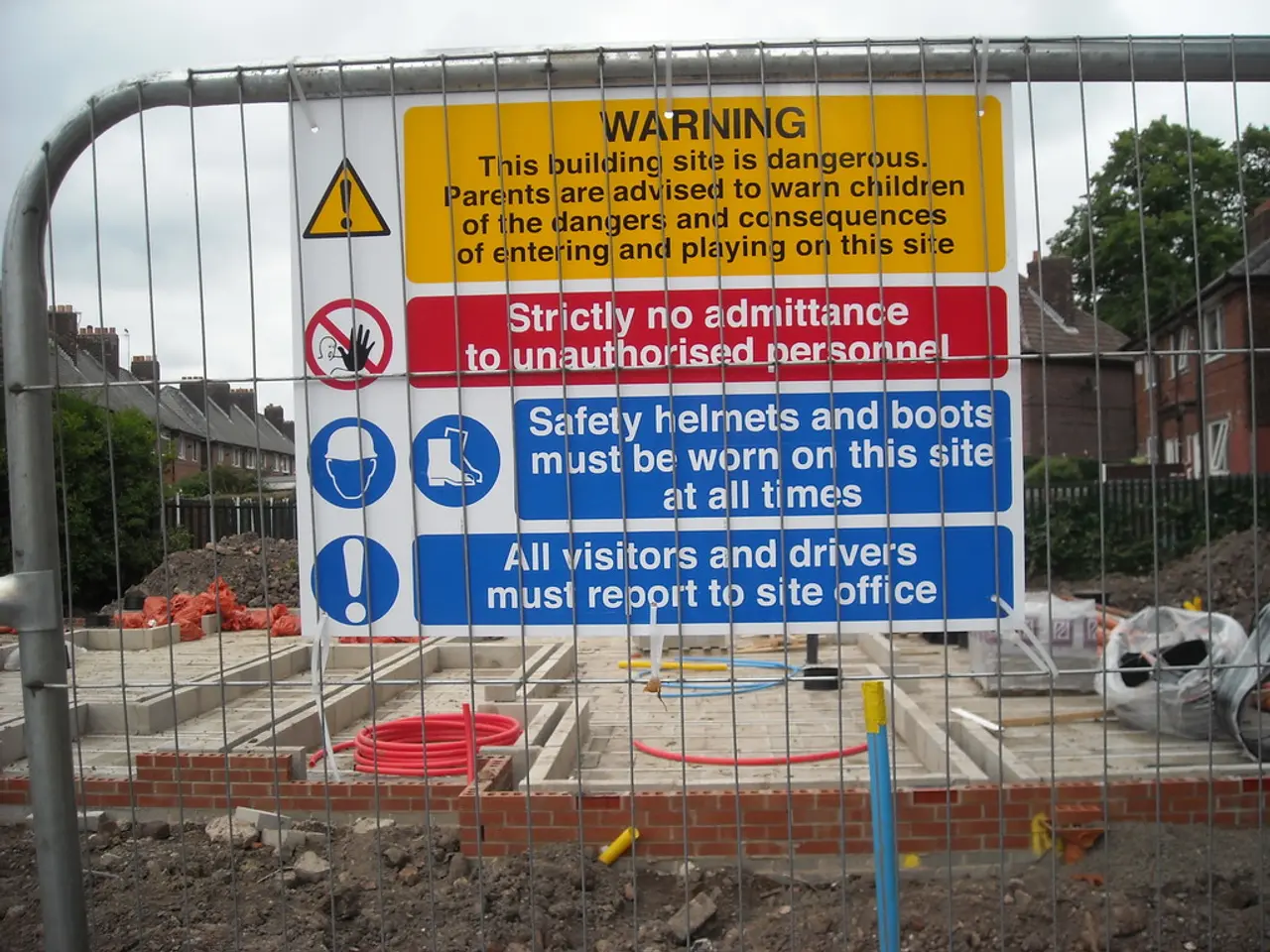Managing During a Power Failure or Blackout
Preparing for, Managing, and Recovering from Power Outages in Victoria
Power outages and blackouts can be inconvenient and potentially dangerous, ranging from a minor inconvenience to something more severe. Here are some recommended steps to prepare for, manage during, and recover from a power outage or blackout in Victoria, Australia.
Before a Power Outage (Preparation):
- Stay informed about potential emergencies that might cause outages by monitoring VicEmergency, the official source for warnings and incident updates in Victoria.
- Identify your local energy distributor. This information can be found on your electricity bill or by checking Energy Victoria resources.
- Prepare an emergency kit that includes a flashlight (avoid candles due to fire risk), fresh batteries, portable phone chargers, bottled water, non-perishable food, and any necessary medications.
- Unplug sensitive electrical appliances (like computers, televisions, and hairdryers) to protect them from damage when power is restored.
- Learn basic safety around power lines — do not touch fallen live wires and keep clear of them; contact your energy distributor immediately if you see them.
During a Power Outage (Management):
- Report the outage to your energy distributor using their emergency contact number — in Victoria, these can be found on your bill or from Energy Victoria.
- Use flashlights instead of candles to reduce fire hazard.
- Avoid opening refrigerators and freezers to keep food cold longer.
- Turn off or unplug electrical appliances to prevent damage from power surges when electricity is restored.
- Follow updates from VicEmergency and local authorities to stay informed on outage status and any necessary safety actions.
- If you have special medical equipment that depends on electricity, activate your backup power plan or seek emergency assistance as needed.
After a Power Outage (Recovery):
- Wait for confirmation that power has been safely restored before plugging appliances back in.
- Check refrigerated food for spoilage and discard if necessary.
- Report any ongoing issues or hazards, such as fallen powerlines or damaged equipment, to your energy distributor or emergency services immediately.
- Monitor local emergency information for any further advice or alerts.
Additional Tips:
- Checking the contents of the fridge and freezer after a power outage is important to avoid food poisoning.
- Using torches instead of candles as a light source reduces the risk of fire during a power outage.
- Severe weather events such as storms, floods, strong winds, bushfires, and heatwaves are major contributors to power outages and blackouts in Victoria.
Detailed local emergency information and updates are available via the VicEmergency website and your local energy distributor. Being informed and prepared is key to safely managing power outages in Victoria.
In the event of preparing for a power outage, consider creating a home-and-garden emergency kit with essential items such as a flashlight, fresh batteries, portable phone chargers, bottled water, non-perishable food, and necessary medications to ensure a smoother lifestyle.
To maintain the longevity of appliances during a power outage, it's advisable to unplug home-improvement devices like computers, televisions, and hairdryers to protect them from potential damage when the power is restored.




